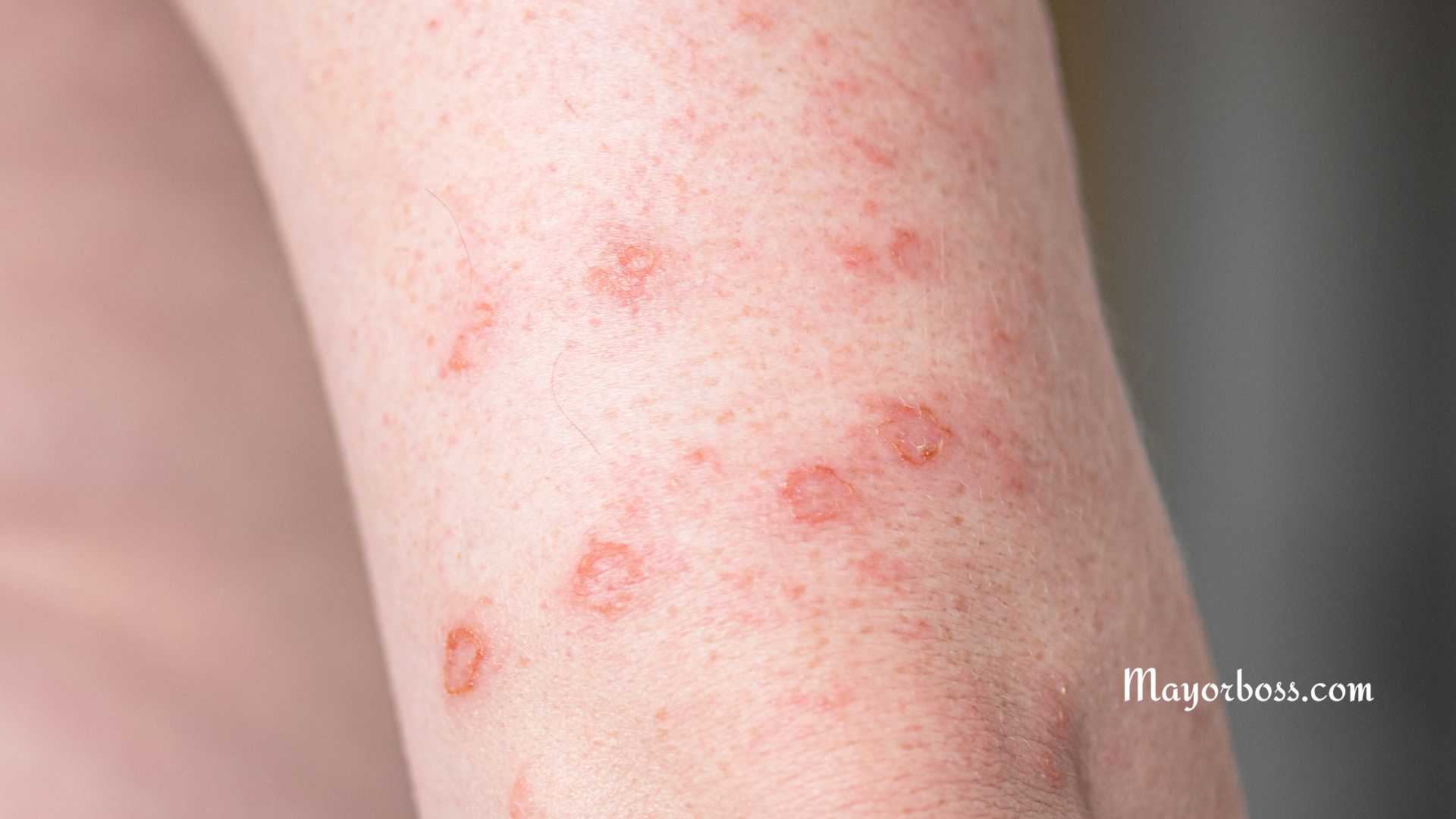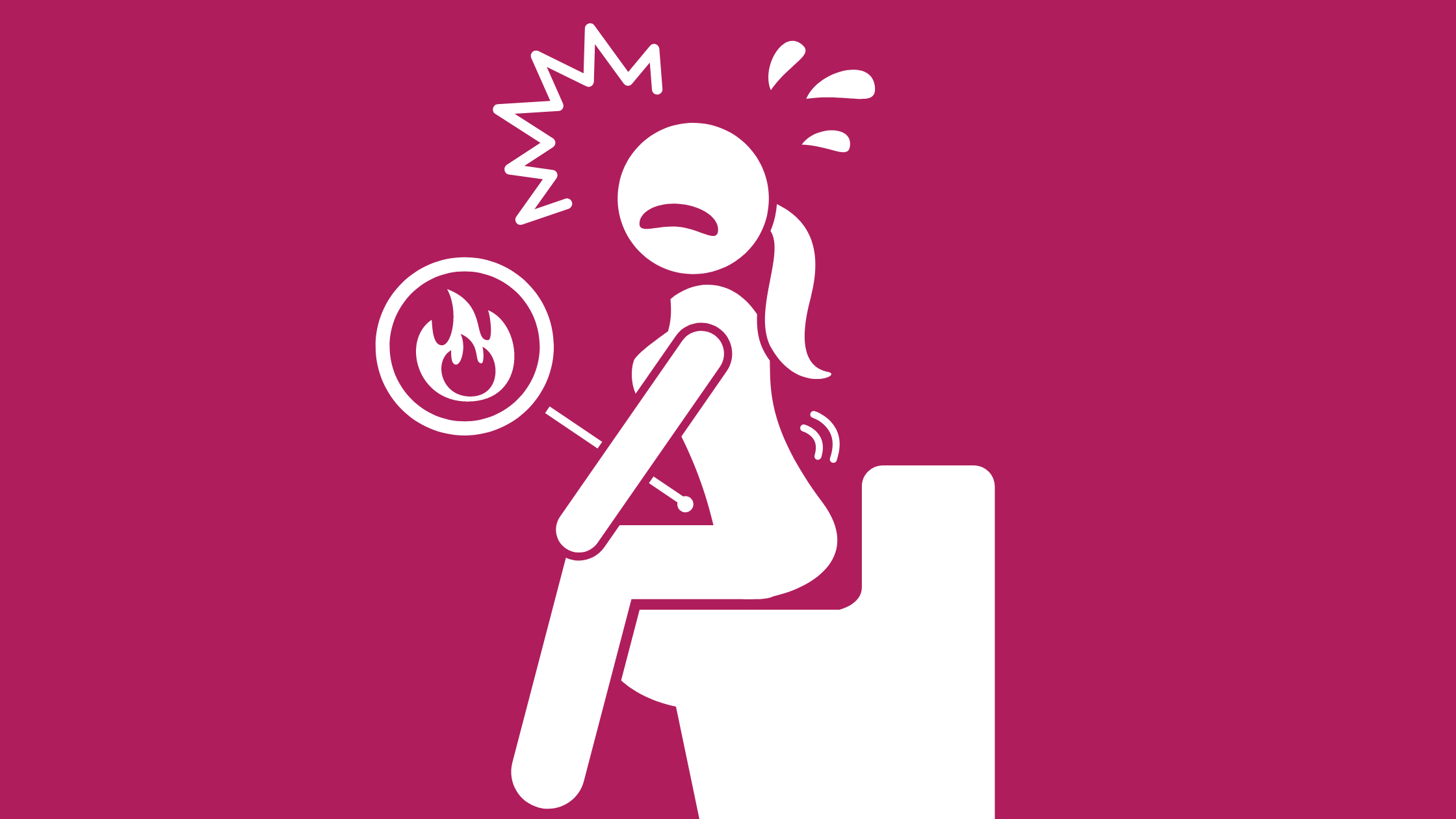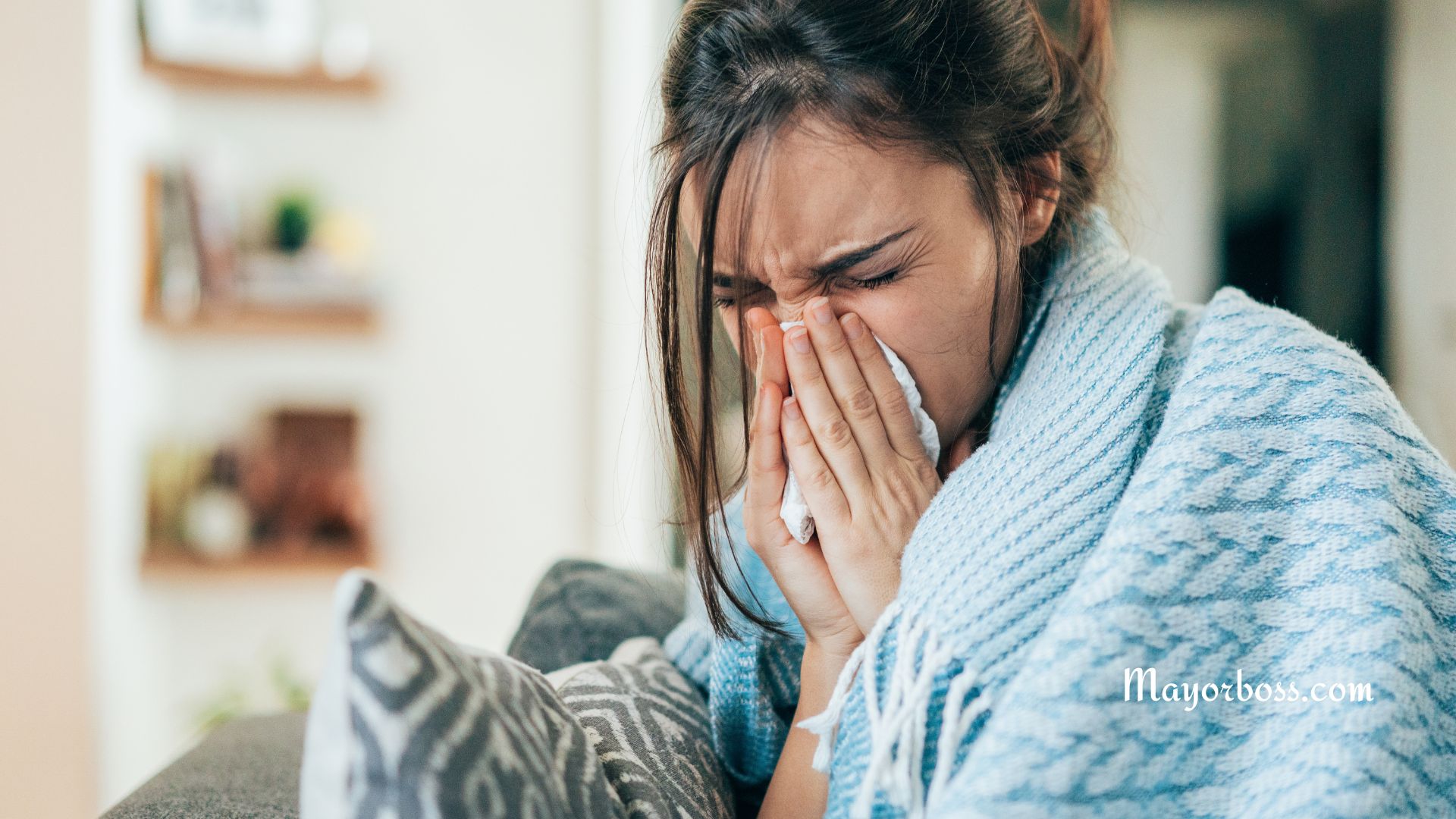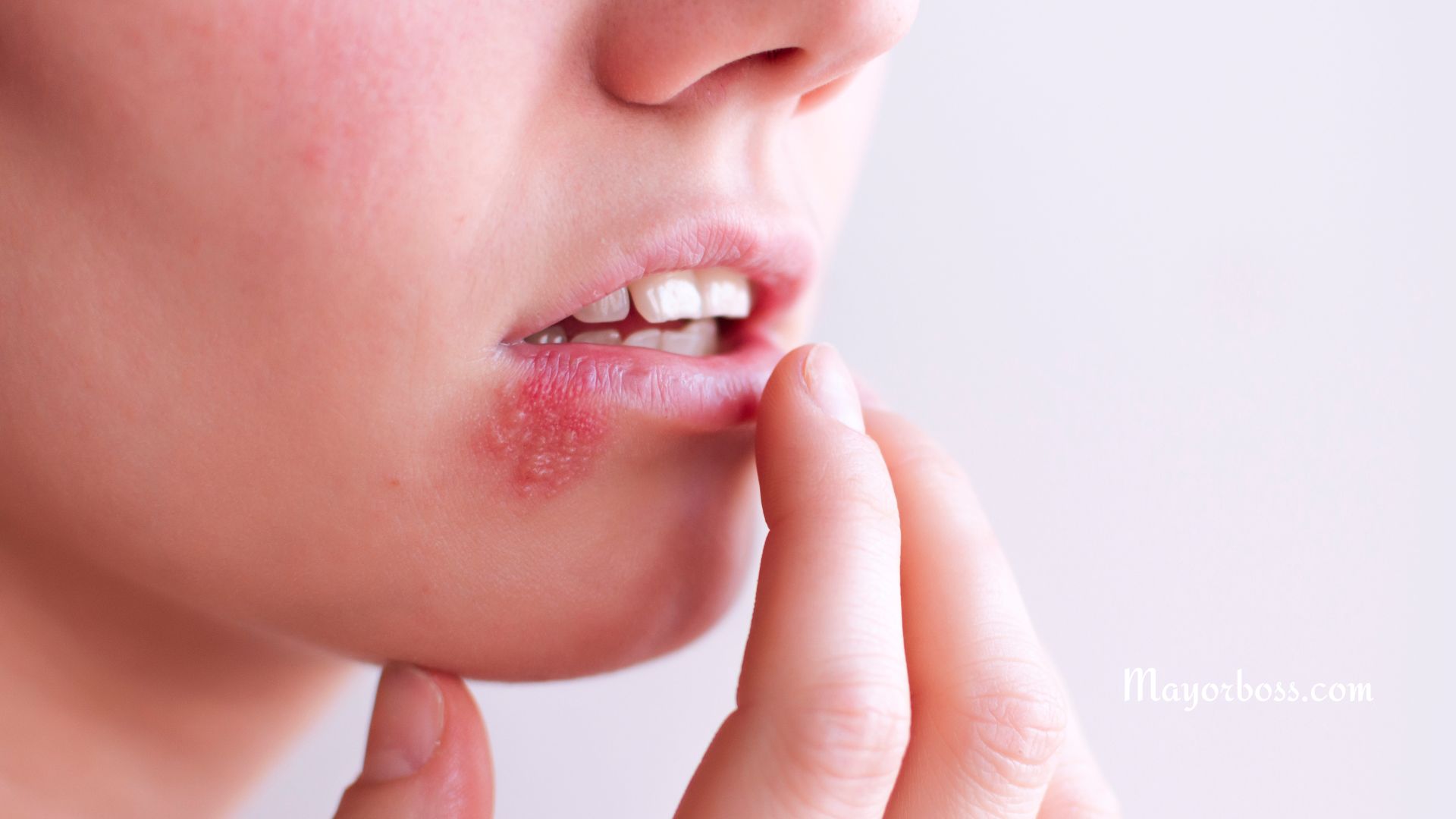Symptoms of Salmonella Infection
What is Salmonella?
Salmonella is a type of bacteria. It can make you sick when it gets into your body. This bacteria is often found in raw or undercooked eggs, meat, and poultry. It can also be found in fruits and vegetables if they are not washed properly. Keeping food clean and cooking it well can help stop the spread of Salmonella.

How Does Salmonella Infection Happen?
The bacteria enter your body when you eat food or drink water that has Salmonella. This may happen if food is not handled correctly or if it is not cooked long enough. Once inside your stomach, the bacteria move into your intestines. Here, they multiply and cause an infection.
Common Symptoms of Salmonella Infection
Salmonella infection usually affects the stomach and intestines. Most people show signs of illness between six hours to six days after eating contaminated food. The most common symptoms include:
- Diarrhea: This is often the first sign of an infection. The diarrhea can be mild or very strong. Sometimes, it may even have blood in it.
- Fever: Many people get a mild to moderate fever. The fever is the body’s way of fighting off the bacteria.
- Stomach Cramps: You may feel pain in your stomach or lower belly. This happens because the bacteria cause swelling and irritation in your intestines.
- Nausea and Vomiting: A feeling of sickness in your stomach can lead to vomiting. This can make you lose fluids, which can be dangerous.
- Headache: A headache is another common symptom. It happens as your body works to fight the infection.
These symptoms show that your body is fighting the bacteria. In most healthy people, the illness lasts about 4 to 7 days. However, it can be more serious for young children, older adults, or people with weak immune systems.
Less Common Symptoms
Some people may have other symptoms that are less common. These include:
- Blood in Stool: In severe cases, you may see blood in your diarrhea. This means the infection is causing more damage to your intestines.
- Dehydration: If you lose a lot of fluids from vomiting or diarrhea, you can become dehydrated. Signs of dehydration include a very dry mouth, feeling very thirsty, and peeing less often.
- Muscle or Joint Pain: Some people feel pain in their muscles or joints. This adds to the discomfort of the infection.
When to Get Medical Help
Most people with a Salmonella infection get better on their own. However, there are times when you should see a doctor. Contact a healthcare provider if you have:
- Severe Diarrhea: If the diarrhea is very bad or happens many times, you might lose too much water.
- High Fever: If your fever is very high or lasts several days, you should get help.
- Signs of Dehydration: Watch for a very dry mouth, little urine, or dizziness.
- Blood in Stool: Blood in your stool is a sign that the infection is more serious.
- Long-lasting Symptoms: If the symptoms last more than a week, it is best to see a doctor.
Getting medical care early can help manage the symptoms and avoid further problems. This is especially true for those at higher risk.
How is Salmonella Infection Diagnosed?
When you visit a doctor, they will ask about your symptoms and any recent meals that might have caused the infection. They might ask if you ate food that could have been contaminated. To check for Salmonella, the doctor may take a stool sample. In some cases, blood tests may be needed. These tests help the doctor know how serious the infection is.
Treatment
Most people with Salmonella infection do not need strong medicine. The main treatment is to keep your body hydrated. Drinking water or special drinks that replace lost fluids is very important. You might also use medicines from the store to lower fever and pain.
Antibiotics are not used for most healthy people with Salmonella infection. They are only given to those who have a severe infection or who are at high risk for complications. It is important to follow the doctor’s advice on how to treat the infection. Taking the wrong medicine or not following directions can make the infection worse.
How to Prevent Salmonella Infection
The best way to stay safe from Salmonella is to follow these tips:
- Wash Your Hands: Always wash your hands with soap and water before and after handling food. Wash them after using the bathroom and after touching animals.
- Cook Food Well: Make sure that meat, poultry, and eggs are cooked completely. The inside of the food should be hot enough to kill any bacteria.
- Avoid Cross-Contamination: Use different cutting boards for raw meat and vegetables. Clean surfaces and utensils after they touch raw food.
- Store Food Properly: Keep perishable foods in the refrigerator. Do not leave food out at room temperature for too long.
What to Do If You Get Sick
If you think you have a Salmonella infection, rest and drink plenty of fluids. Do not eat foods that can upset your stomach until you start to feel better. It is best to avoid dairy products, spicy foods, and caffeine while you are sick. These can make your symptoms worse.
If your symptoms do not improve or if they become worse, contact a doctor. Earlier treatment is important to avoid complications, especially if you are in a high-risk group. Listen to your body and take care of yourself during the illness.
Takeaway
Salmonella infection is a common illness that comes from eating or drinking contaminated food or water. It usually causes diarrhea, fever, stomach cramps, nausea, and vomiting. Most people recover on their own, but in some cases, they may need medical help. Keeping food clean and cooking it well are the best ways to prevent Salmonella infection. Always talk to a doctor if you are unsure or if your symptoms get worse.






